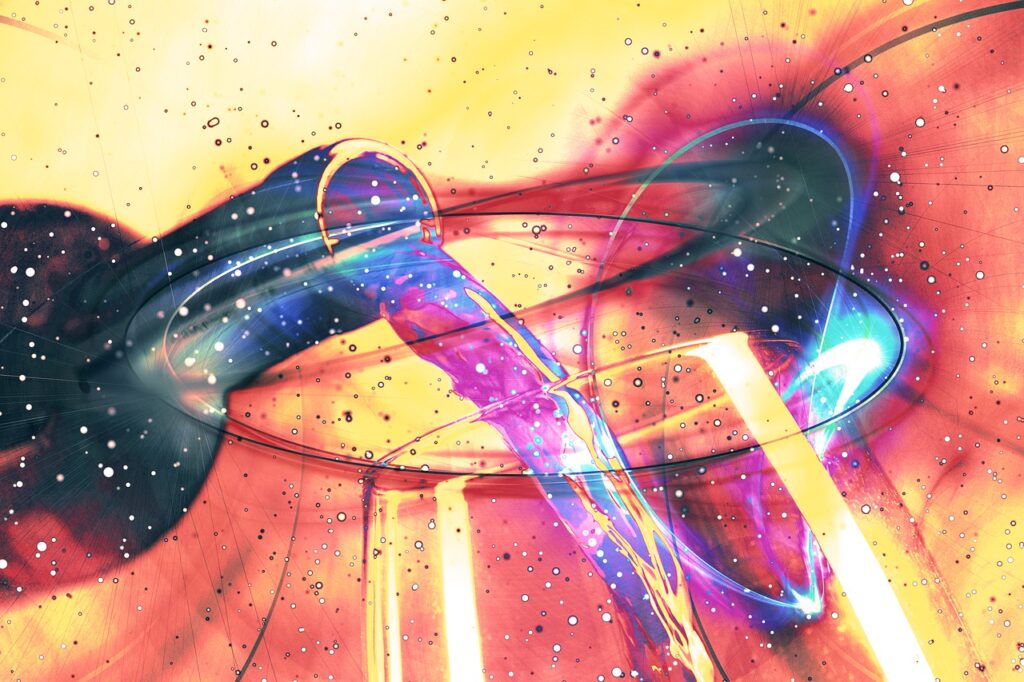
Alcohol Consumption and Optimum Health have Become a Very Touchy Subject!
Alcohol consumption has become a taboo discussion when it comes to health and, more particularly, those dieting to lose weight. Sally-Ann Creed, an acclaimed writer on diet for optimum health, captures the essence perfectly by saying, “This is a very touchy subject!” The bottom line is that, as a generalization, people are not keen to give up alcohol consumption; we don’t know who does and who does not. In a recent research paper published in a medical journal, the writer states as follows: “Despite common wisdom that reducing alcohol intake will facilitate weight loss, little research has examined whether participants in behavioural weight loss treatments actually decrease their alcohol intake.”
Since the dawn of civilization, human behaviour and alcohol have been intertwined. Enjoying an aperitif to stimulate the appetite dates to the 5th century AD. It may not be surprising to learn that studies have confirmed that alcohol can impact a person’s weight. This is likely due to the relationship between alcohol and the hormones in the brain that stimulate hunger, as well as the hidden calories in alcoholic beverages.
Adding to the last two blogs on sugar, it seems apt to deal with alcohol. Many alcoholic drinks do not disclose this information, with studies showing most people do not realize how many sugar calories are hidden in their drinks. Science has proven that excess sugar causes obesity, diabetes, chronic inflammation, and heart problems. You might be wondering, what is too much sugar anyway? The American Heart Association recommends limiting the daily sugar content to 36 grams daily for men and 25 grams for most women and children.
While vodka does not contain sugar, the popular mix of orange juice (+/- 20g) and Red Bull (+/-27g) contains about 50 grams of sugar. The average sugar content for a glass of wine is low—around 1 gram for a standard glass of white wine and 1.5 grams for a standard glass of red wine. However, it is unsurprising that sweeter wines, like Riesling or Moscato, have a much higher sugar content per glass. Dessert wines can have as many as 8 grams of sugar per serving. Liqueurs are also a prime contender for the alcoholic beverage with the highest sugar content. A serving of Kahlua can have as much as 33 grams of sugar! Beer is a bit of a different story regarding sugar content. Most beers contain very little or no sugar. However, what it lacks in sugar, it makes up for in simple carbohydrates. Alcohol is calorie-dense. For instance, a standard drink (about 14 grams of pure alcohol) provides roughly 100–150 calories, depending on the type of beverage.
What Does This Mean for You?
As you reflect on your alcohol consumption and weight loss goals, it’s crucial to recognize that there are contrasting studies on the subject and that the relationship between alcohol and weight loss is a complex and multifaceted one. Some suggest that you can still lose weight without eliminating alcohol from your life entirely. However, it’s essential to emphasize that obesity is a highly individualized disease, and its impact can vary from person to person. Therefore, to manage your calorie intake effectively, it’s advisable to seek guidance from a healthcare professional. Knowledge and self-awareness will empower you to make the best choices for your well-being and weight management.
The Slender Solution Team
Medical Suites, Cambridge Crossing Shopping Centre
1 Stone Haven Street.
Paulshof
Sandton
South Africa
2191